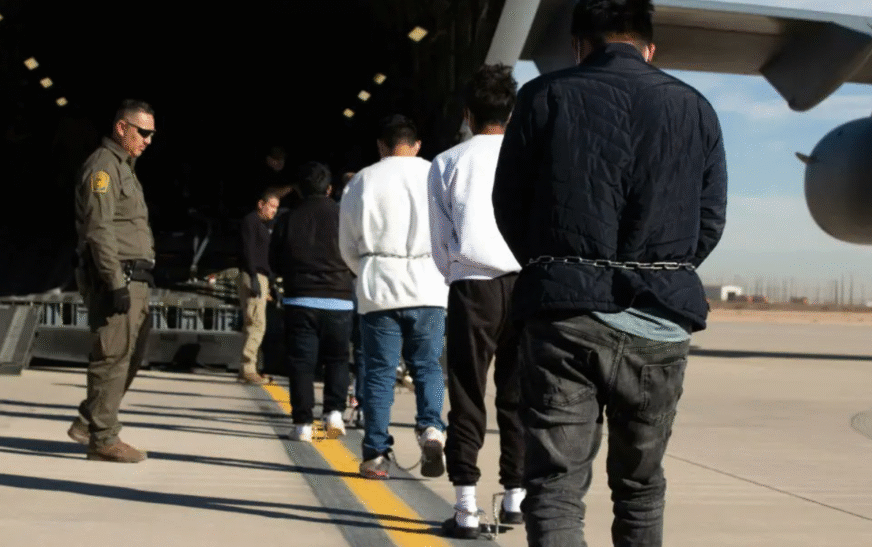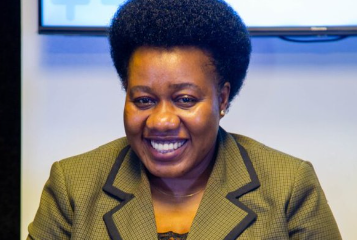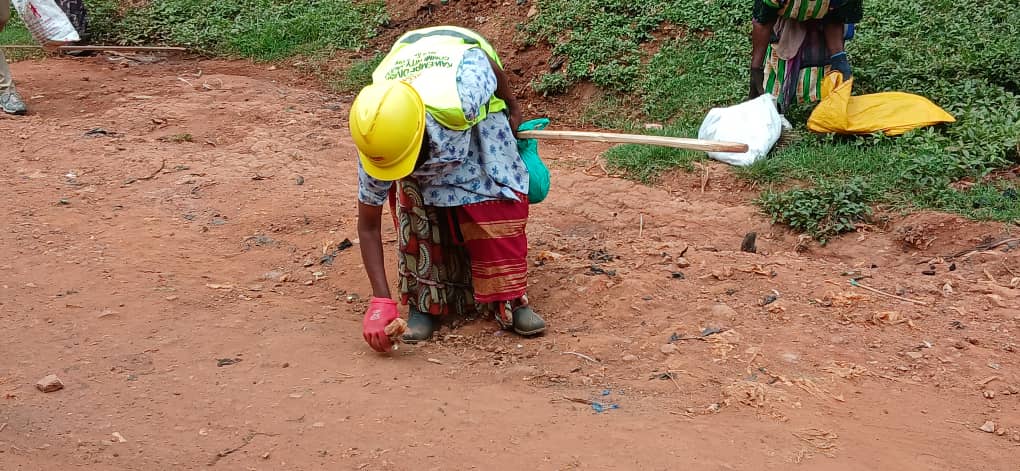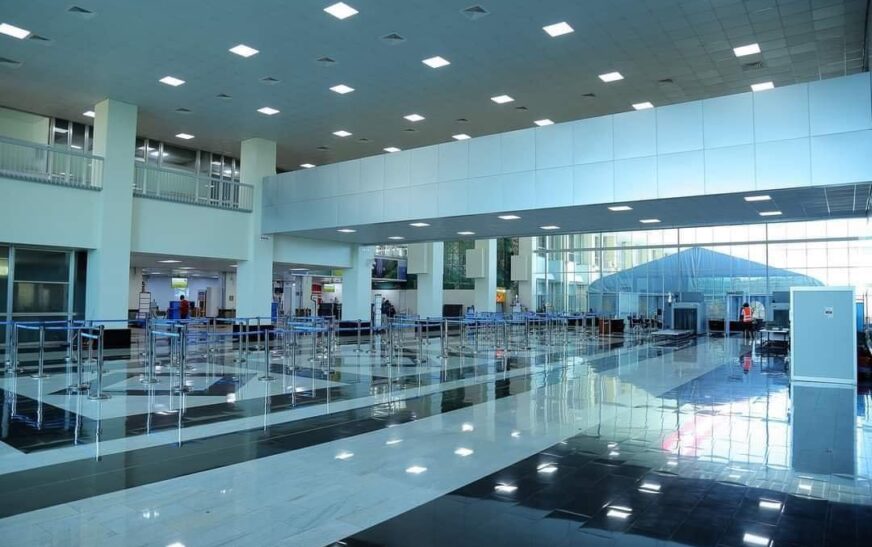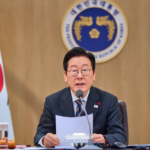Uganda has reached a deportation agreement with the United States to accept an unspecified number of African and Asian migrants who had sought asylum along the U.S.-Mexico border, according to reports by CBS News.
The bilateral deal comes as part of former President Donald Trump’s intensified efforts to enforce mass deportations of undocumented migrants as a cornerstone of his second-term immigration policy.
According to CBS, the agreement permits Uganda to receive deported migrants provided they do not have criminal records. However, details remain unclear regarding how many individuals Uganda will ultimately accept or what mechanisms are in place to ensure their safety and integration.
Human rights advocates have sharply criticised the policy, warning that sending asylum seekers to countries other than their home nations could expose them to significant harm or secondary deportation.
“Deporting migrants to third countries without proper safeguards is a violation of international protection standards,” said one human rights expert who spoke to the BBC on condition of anonymity. “Such deals ignore the dangers many of these people fled in the first place.”
The agreement with Uganda is one of several such deals the Trump administration has signed in recent months. CBS reports that Honduras has also agreed to take in hundreds of deported migrants from Spanish-speaking countries over the next two years.
Similar agreements have been made with Rwanda, Panama, and Costa Rica, all of which will receive African and Asian migrants previously held by U.S. immigration authorities. Notably, Rwanda’s deal includes a clause allowing the country to individually approve or reject each person proposed for resettlement.
The White House has also approached countries like Paraguay, Ecuador, and Spain, aiming to share what it calls the “burden of illegal immigration.” A “safe third country” agreement was recently signed with Paraguay, drawing further concern from international rights organizations.
The U.S. policy of deporting migrants to third-party countries gained a legal boost in June, when the U.S. Supreme Court ruled in favor of the administration’s position. The court’s decision eliminated the requirement that migrants be given an opportunity to argue that they may face danger in the receiving country.
In a strong dissent, Justices Sonia Sotomayor, Elena Kagan, and Ketanji Brown Jackson condemned the ruling, calling it “a gross abuse” of judicial responsibility.
Uganda’s government has yet to release an official statement on the agreement. The country has previously participated in international resettlement efforts, though critics warn that without transparency and strong protections, such arrangements may put vulnerable migrants at further risk.

